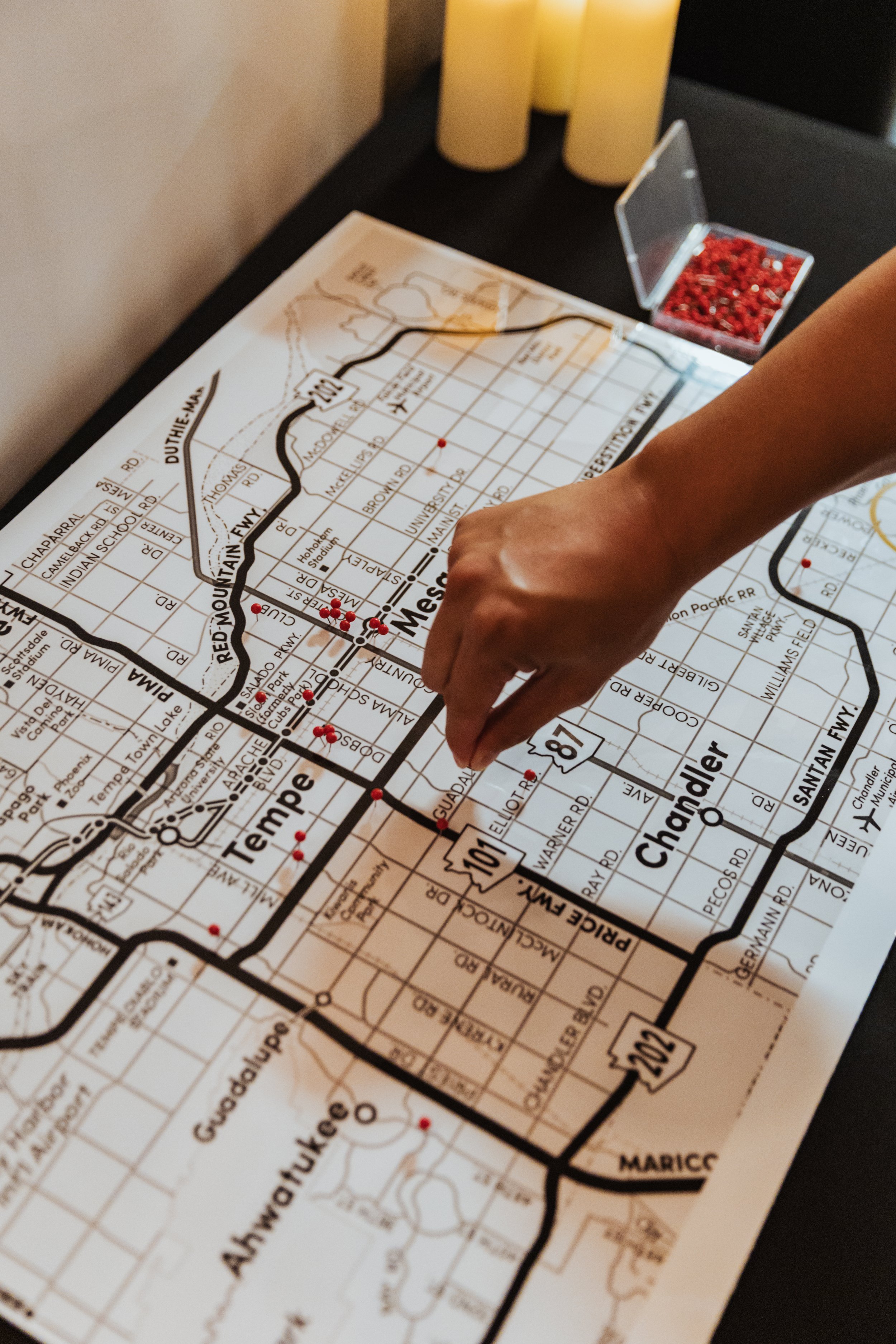When we think about living on mission or being part of a missional community, our minds often race toward the actions we take or the messages we communicate. Don’t they?
But what if I told you that one of the most defining characteristics of a disciple of Jesus is not just what they say, but their ability to listen?
Jesus Is The Master Listener
When we picture Jesus, we often see Him as the one with all the answers. Yet, throughout the Gospels, He asked over 300 questions and directly answered only three. This statistic is startling! Why did Jesus prioritize questions over answers?
Listening wasn't a mere pastime for Him; it was central to His ministry. In today’s fast-paced world, however, listening has become somewhat of a lost art. With constant notifications, interruptions, and our tendency to think about our responses before fully engaging with others, genuine listening can feel like a challenge- but it’s one we should engage with. We can all grow in the rhythm of listening.
Why are we so bad at this?
Why have we become so poor at listening? What barriers stand in our way? As we discuss, it becomes clear that our distractions and cultural habits often prevent us from truly hearing one another. . Each buzz, ding, and pulsing light draws us out of the conversation we are in and distracts us from truly hearing the people in front of us.
Could the lack of listening be contributing to the rising feelings of isolation in our digitally connected world? Despite being more “connected” than ever, many people report feeling lonelier, with the demand for therapy rising as individuals seek someone—anyone—to listen to them. As we move further away from family and friends, our connections can falter, leaving many yearning for genuine engagement.
Discipleship is Listening
Jesus shows us a better way, one that enriches our lives and fosters deeper relationships within our spiritual communities and among our neighbors. This is why we’ve adopted LISTEN as one of our core rhythms as a community. We simply cannot call ourselves followers of Jesus and not listen to him. Jesus says in John 10 “My sheep listen to my voice, I know them, and they follow me…” you can stop reading here and just reflect on that verse if you want.
In the Gospel of Matthew, Jesus encourages his disciples to listen and comprehend. For instance, after sharing the parable of the sower, He emphasizes, "Whoever has ears, let them hear" (Matthew 13:9). This calls us to a deeper understanding that goes beyond mere words and towards obedience, much like seeds planted in good soil.
Consider the moment of the Transfiguration, where God instructs the disciples, "This is my Son, whom I love; with him I am well pleased. Listen to him!" (Matthew 17:5). It wasn't just about witnessing an incredible event; it was about listening and responding to Jesus in their daily lives.
In addition to being central to loving Jesus listening is also central to loving our neighbors. Think about it, what if listening were seen as the first act of loving our neighbor?
In another poignant moment in the gospel of Matthew, before Jesus healed Bartimaeus, He stopped to listen. “What do you want me to do?” He asked, demonstrating that listening precedes meaningful action (Matthew 20:29-34) as we are living for the sake of the world.
The Cost of Not Listening
Now, let’s consider the consequences of failing to listen. For this example we are going to mix it up and look at history: just four days into its maiden voyage, the Titanic sank after ignoring multiple iceberg warnings from other ships. The tragic result? Over 1,500 lives lost. This serves as a powerful reminder of what can happen when we neglect to listen—both in our spiritual lives and our relationships.
How many catastrophic moments in our own lives could be traced back to a failure to listen to God, our friends, or trusted community?
Need more examples? Trace the history of Israel throguh your old testament paying attention to when they listened to God and when they just did what they wanted?
Oh yeah, and the garden. Remember that story in Genesis 3? I think we get the point.
This Week
Now, let’s reflect on our own lives.
Think of someone you know who is an exceptional listener. What qualities make them stand out? Their curiosity, intentionality, empathy, and ability to engage make a profound difference?
What would it look like to learn from Jesus and how he lovingly listened to the woman at the well (John 4), the voice of the Father (Matthew 3), and the cries of those around him?
How would your life and relationships transform if you became known as someone who truly listens? Embracing the art of listening could open doors to deeper connections, enrich your discipleship, and ultimately reflect the love of Christ in your community.
As we continue to grow, let’s commit to making listening a core rhythm of our discipleship, embodying the love and attention that Jesus exemplified throughout His ministry. In a world that desperately needs more connection, let’s be the ones who truly hear.
Over the next few posts we will look at practical and helpful ways to listen to God and others with the hopes that we together grow into a community who listens well as we are a blessing to the places we’ve been sent.






